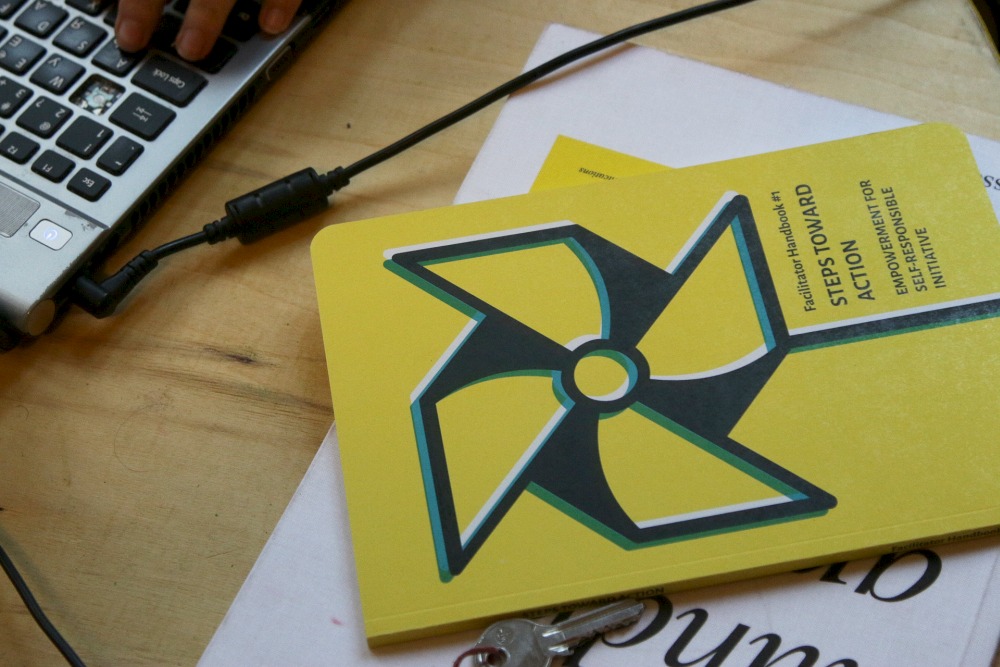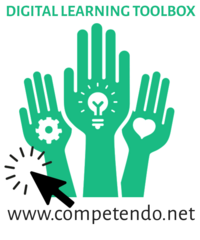Difference between revisions of "Understanding"
m |
m |
||
| Line 29: | Line 29: | ||
</div> | </div> | ||
| − | |||
| − | |||
| − | |||
| − | |||
| − | |||
| − | |||
| − | |||
| − | |||
| − | |||
| − | |||
| − | |||
| − | |||
| − | |||
| − | |||
| − | |||
| − | |||
| − | |||
| − | |||
| − | |||
| − | |||
| − | |||
| − | |||
| − | |||
| − | |||
| − | |||
| − | |||
| − | |||
| − | |||
| − | |||
| − | |||
| − | |||
| − | |||
| − | |||
| − | |||
| − | |||
| − | |||
| − | |||
| − | |||
| − | |||
| − | |||
| − | |||
| − | |||
| − | |||
| − | |||
| − | |||
| − | |||
| − | |||
| − | |||
| − | |||
| − | |||
| − | |||
| − | |||
| − | |||
| − | |||
| − | |||
| − | |||
| − | |||
| − | |||
| − | |||
| − | |||
| − | |||
| − | |||
| − | |||
| − | |||
<hr class=boldline> | <hr class=boldline> | ||
Revision as of 16:10, 18 September 2020
Why Civic Competencies are Especially Important
Education for Democratic Citzenship, understood as competency-based learning, aims to foster initiative, an active role of an individual in public life. This includes a systematic understanding of how one's individual engagement is connected to the society and the political system, or helping citizens/learners to develop a democratic attitude toward other people and groups. All of these abilities are requirements for any successful co-creation and public engagement.
- Competency-centered learning is the approach.
- Cooperative experiential learning is the methodology.
- (Self-)empowerment and participation are the output.
- Social change is the impact.
Check terminology: Glossaries
These glossaries will explain and translate terms:
Lifelong Learning Glossary
Review of Lifelong learning Terminologyof the Lifelong Learning Platform
DownloadTVETipedia Glossary
UNESCO-UNEVOC Centre for technical and vocational education and training: OnlineYouthwork translator
of youth work related items: EN, FR, CN, GR, DE
Published by IJAB: OnlineInternet Governance Glossary
OnlineEquity, Diversity, and Inclusion Glossary of Terms
by University of Washington - School of Public Health 2021 Download
Check Out Our Handbooks
The handbooks for facilitators contain the best of Competendo. Download and read them here: more
Download: Banner













